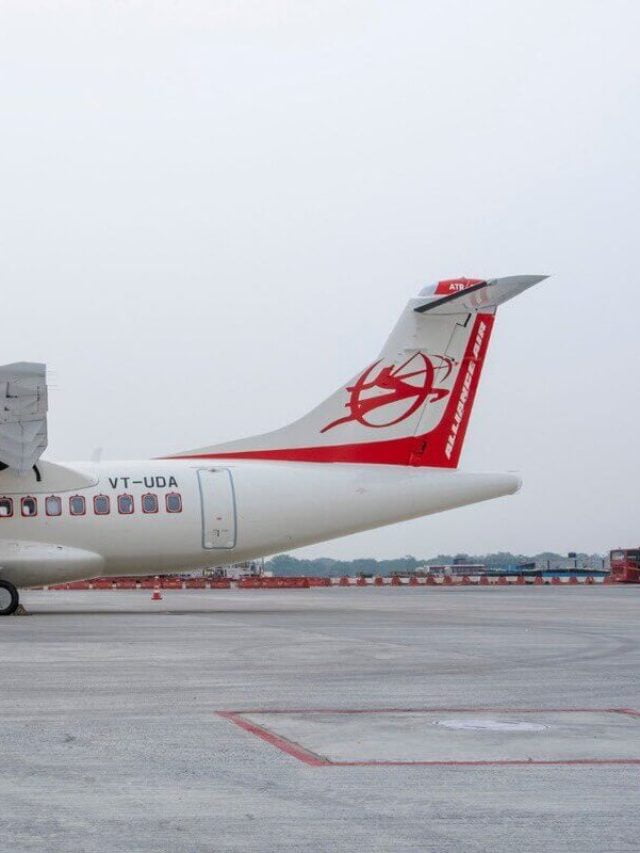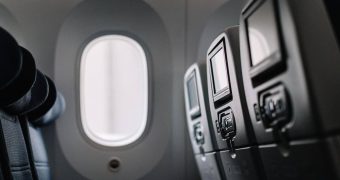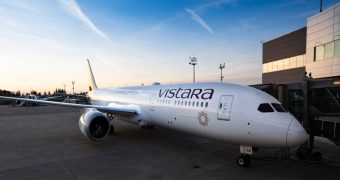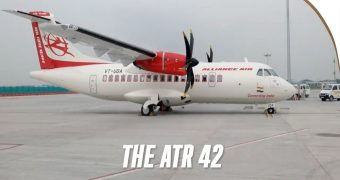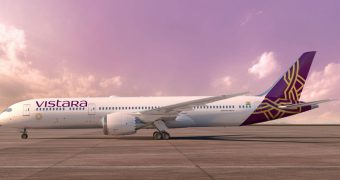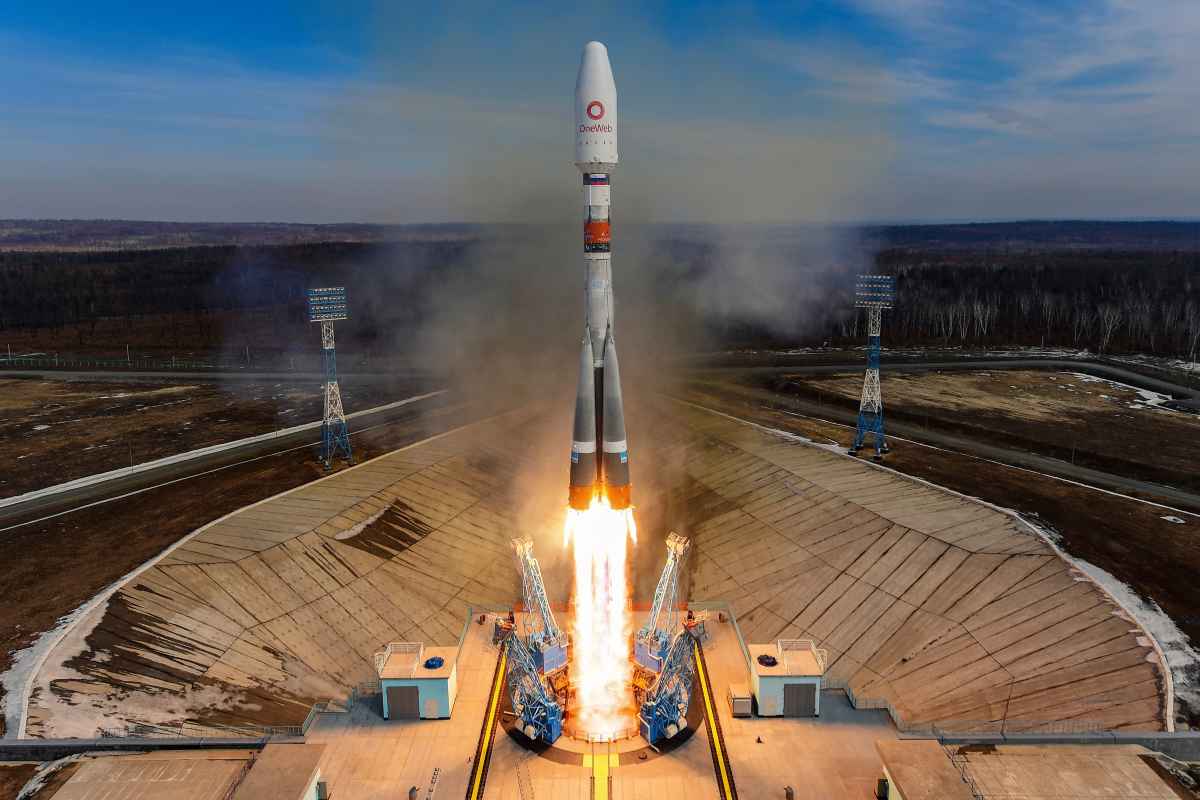
The impact of Russia's invasion of Ukraine on the global aviation sector grew on Friday, with two more European countries banning Russian airlines and the European Union announcing restrictions on aeroplane component exports.
After London and Moscow blacklisted one another's airlines in a tit-for-tat response for the Ukraine incursion, Virgin Atlantic and British Airways began routing flights around Russian airspace.
Poland and the Czech Republic have also announced that Russian airlines will be banned from flying in their territory. Despite the threat of a costly sanctions war for mutual overflight rights, several industry leaders indicated they were ready for further prohibitions.
At a meeting on Friday, the governing council of the United Nations' aviation body, the International Civil Aviation Organisation, was scheduled to discuss the dispute.
According to Rob Morris, principal consultant at UK-based Ascend by Cirium, Russia's incursion has "huge potential to undermine the fragile aviation recovery in Europe."
While many airlines continue to use Russia's east-west transit lanes, some have inquired about capacity in Anchorage, recalling Alaska's Cold War role as a refuelling station for jets restricted from Soviet airspace.
"Investors will have a harder time accepting portfolios of aircraft assets that include Russian Airlines. Today, nobody wants to take a Russian risk," said aviation advisor Bertrand Grabowski, who also expressed concerns about a lack of insurance coverage.
As sanctions targeted Russian companies, banks, and individuals, Western airlines, lessors, and manufacturers assessed the mounting dangers of doing business with Russia.
Delta Air Lines has announced the termination of a codeshare agreement with Russia's Aeroflot.
Any aircraft flying over Russian airspace should have such backup plans for closed airspace due to dangers or sanctions, according to OPSGROUP, an aviation industry cooperative that provides information on flight risks.
